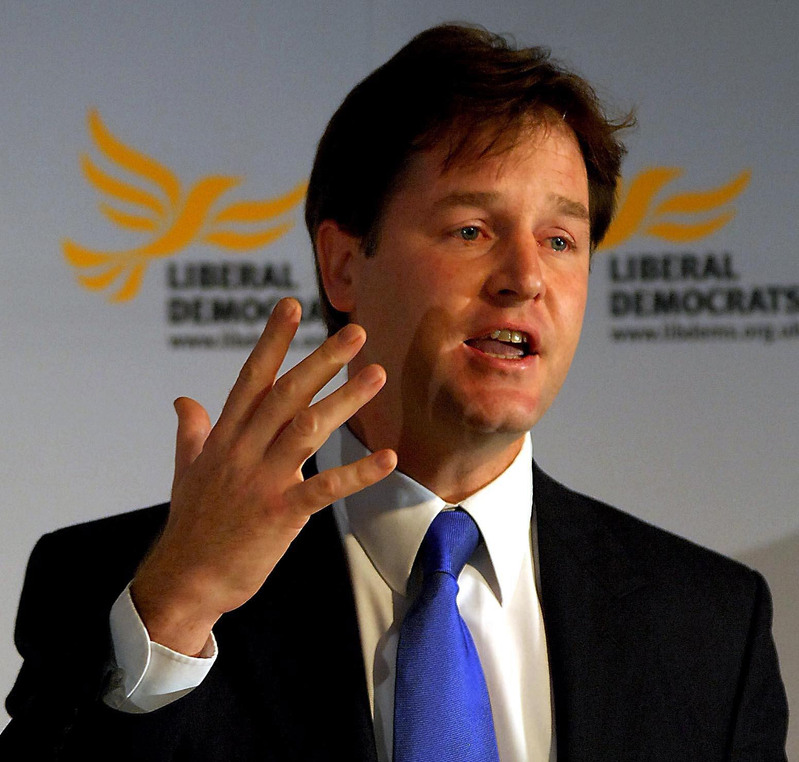Britain faces up to an unprecedented political change
Three roughly equally supported parties in an election is a fairly unusual phenomenon in any country – but that is what we have in Britain at the moment – and the General Election is only two weeks away! Then three main parties are clustering around 30% each in the opinion polls with a little fewer than ten percent left for the minnows. In recent elections the Liberal Democrats have polled well – 23% in 2005 – but more than ten points behind the other two big parties. That seems to be changing in 2010, with profound effects in sight for both our country and our political system.

Anyone who predicts the outcome of this election with polling day still two weeks away is a seer not a political scientist. But let me have a go. My prediction for the percentage of the votes for the three main parties is as follows: Conservatives 36.5%; Labour 29%; Liberal Democrats 26.5%. This suggests that the LibDems will slip a bit over the next two weeks and that the Tories will be the beneficiary. Don’t ask me why – it’s just a gut feel. So Mr Cameron can start to measure up for curtains in Number 10 can he, and Gordon Brown can pack his bags? Not so fast sunshine! The outcome of my soothsayed election would give the following seat distribution: Conservatives 279; Labour 256 and the LibDems 83. With “others” taking 14 seats this means that the Conservatives, though the largest party, would be 47 seats short of an overall majority. Put another way if the two parties of the left ganged together they would have an overall majority over the Tories and the rest of 46.
Labour and the LibDems have much in common and the prediction in my scenario assumes that a fair number of Labour supporters would vote tactically to keep out a Conservative in a specific seat. If we say that this won’t happen then the Libs would get six fewer seats and the Conservatives six more – which doesn’t really change the outcome much. Still a very hung parliament!
So back to the political realities. Would the LibDems feel obligated to support the Conservatives as the largest party? I don’t see why they should. Would they feel obliged to keep Gordon Brown in power? No again. So is there a third way? You bet there is!
The outcome that many of us would hugely relish would be a formal Labour/LibDem coalition in which the power-brokers would be the LibDems. They would insist (I hope) on a clean sweep through the current cabinet. They would accept a Labour Prime Minister but not the current one – one of the Millibands is a likely choice. Vince Cable would be Chancellor and Nick Clegg Foreign Secretary – and very good they would be at their jobs as well I think. The rest of the cabinet would be younger and much less tainted than the current lot. It really is a mouth-watering prospect because it would not just be new for Britain in peacetime to have a formal coalition but the ideological drivers behind it would be sound.


